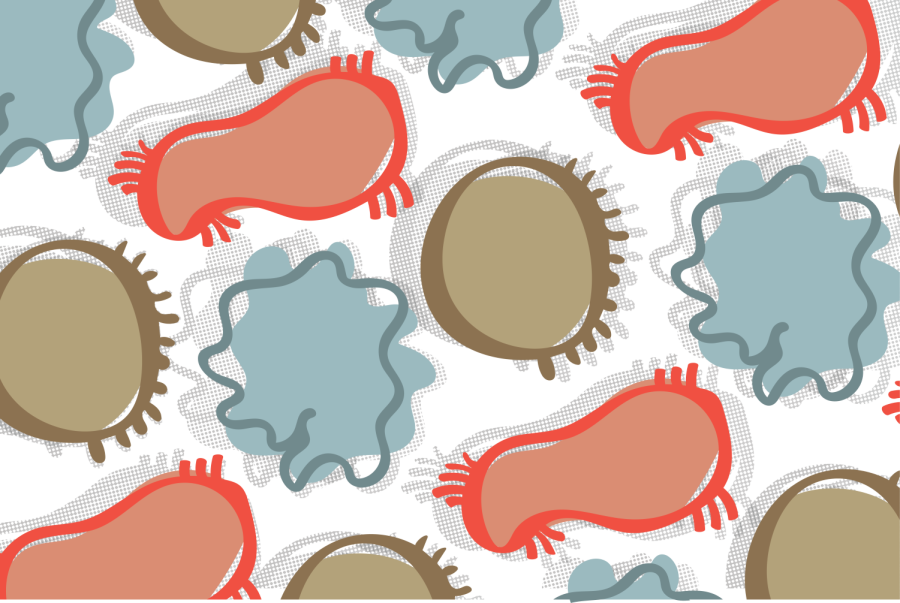University of Minnesota researchers are working to combat gentrification around Minneapolis parks, a problem they say is often overlooked.
Their “green gentrification” research is part of a larger project, called the CREATE Initiative, which addresses environmental equity concerns in cities worldwide, including Minneapolis.
Green gentrification occurs as a consequence of sustainability efforts in cities, like the creation of new parks, said Bonnie Keeler, a co-director of the project.
CREATE’s research has shown that rent prices and property values often increase considerably in an area after the addition of a park, which can force out residents and community members that have lived in the area for a long time.
Because investing in green space is seen as something beneficial, city planners often overlook its negative effects, said Mira Klein, a research associate for the project.
Much of CREATE’s work was made public last week through a policy “tool-kit,” which is designed to give community members, urban planners and policy makers a shared framework to develop ways to address environmental equity and injustice.
One of their goals is to get city planners to think critically about where they are building parks, which parks are receiving funding and who will benefit from their construction, Klein said.
According to their research, property values near the Upper Harbor Terminal area in North Minneapolis have increased over 20% from 2017-2018.
Rebecca Walker, a graduate researcher with CREATE, said that having the University’s name behind the research is significant.
“I think that it’s really powerful to be able to arm community groups with the data they need to make the case they’re trying to make and to validate the lived experience that they’re having,” she said.
As part of the initiative, the group also created a Policy Think Tank, headed by community members to ensure their work is focused on what their communities need.
“I think we have to fundamentally shift how we do research,” said Tsega Tamene, the senior director of population health at Pillsbury United Communities, one of the community organizations CREATE is involved with.
Historically, institutional research can have an exploitative or transactional connotation, Tamene said.
Having researchers work together with communities to establish research questions and solutions builds trust and creates lasting change, she said.
“There are a lot of people at the grassroots level who are doing meaningful work to disrupt systems of inequity,” Tamene said. “And I think it’s meaningful and important for us to make sure that this material makes it to those folks.”













